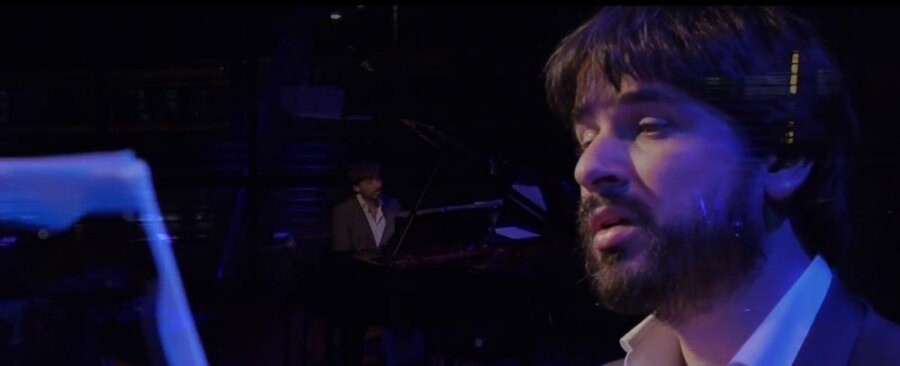Dante Boon
Piano, Composer
Dante Boon was co-programmer of the ‘Pianolab’ Amsterdam at the Goethe-Institut. As a composer and pianist he is closely involved with the international composer group ‘Wandelweiser’.
At the age of 14 he was admitted to the preparatory course of the Sweelinck Conservatory Amsterdam and studied piano there with Willem Brons until 1994. He also studied composition with Diderik Wagenaar at the Royal Conservatory in The Hague from 1993 to 1997.
An advocate of experimental piano music and of Wandelweiser in particular, Boon has premiered more than 50 works, many of them written especially for him. He has performed at Constellation Chicago, Spectrum, Studio Z, the Rotterdam Philharmonic Gergiev Festival, Jeunesses Musicales du Canada, the ISCM Festival, cafe OTO, dotolim, Ftarri Festival, Gaudeamus Music Week, De Link, Paradiso, and regularly at Amsterdam’s Zaal 100 and Klangraum in Düsseldorf.
His compositions have been performed by the ‘Nederlands Vocaal Laboratorium’, the ‘New York Miniaturist Ensemble’, pianist Marcel Worms, ‘Orkest de Ereprijs’, Moritz Eggert, ensemble ‘The Barton Workshop’ and various other musicians and ensembles.
The Pianist
Dante Boon has been called a “wonderful” and “quirky” pianist, known for his “delicate touché” and “calm control.” His performances of Komita’s piano music are called “soothing” and “the highlight [of the concert].” Jay Batzner, writing for Sequenza21, describes Boon’s recordings of Tom Johnson’s music as “a joy to listen to.” The New Yorker called him a pianist with an “unusual affinity for music that requires patience, steady hands and a subtle touch.” Steve Smith of National Sawdust named one of Boon’s 2018 solo recitals in New York in his top 10 memorable musical events.
Boon’s debut album as a soloist, cage.frey.freeze.feldman.ayres.johnson manion, received rave reviews. Anthony Fiumara, writing for Trouw, noted that “it is striking how natural [John Cage’s] pointillist Etudes Australes sounds under Boon’s hands,” while characterizing Boon’s playing as “murmurous lyricism.” In a review for NRC Handelsblad, Jochem Valkenburg notes Boon’s “warm, shrouded tone” and calls it, particularly his interpretation of Morton Feldman’s Last Pieces, “objective yet affectionate… measured, pensive, yet vulnerable.” Samuel Vriezen, writing in the album’s liner notes, observes similarly:
“Two poles are important to Dante’s playing. On the one hand, he is drawn to the musical discipline of the Cage-ian tradition and its concern for the objectivity of sound. On the other hand, early Romanticism, especially the German song repertoire, is important to him. To many listeners, these poles seem like opposites. For Dante, however, there is no contradiction. In his playing, precision of technique and conceptual clarity are expressions of a passionate engagement with sounds and their progression as melody.”
His album with Jürg Frey, clarinet (and piano), featuring Boon’s own compositions, was also well received.

